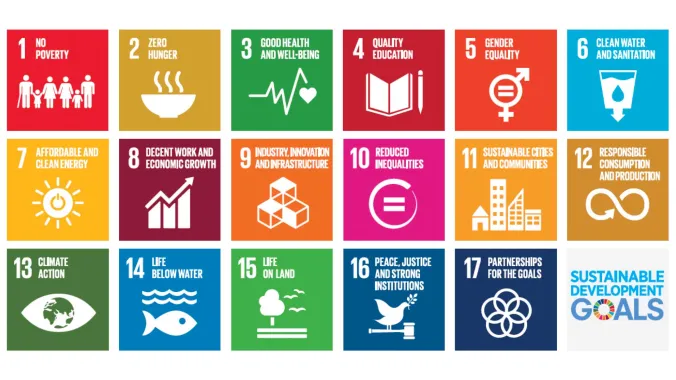Course Info
6 video lessons (75 Mins)
Published
2021-
4.33
Preview Course
Browse Course Chapters
-
1.Introduction
3 mins
-
2.Defining Sustainability
16 mins
-
3.UN Sustainable Development Goals
20 mins
-
4.Connecting Sustainable Development Goals To Local Activism
10 mins
-
5.Case Studies
16 mins
-
6.Wrap-Up
9 mins
What You Will Learn
- Develop a common understanding of sustainability across the three pillars (environmental, economic, and social)
- Understand the history and purpose of the Sustainable Development Goals (SDGs) and how they connect to the three pillars
- Interpret social, environmental, and economic metrics in terms of sustainability
- Identify connections between local policies and practices to the SDGs
- Explore how cities have taken a leadership role in implementing the SDGs
- Explore best practices for local implementation of the SDGs
- Identify opportunities to utilize the SDGs as a framework for local decision making
Course Description
Sustainability has become a primary focus of urban planning and community development; however, there can be confusion and lack of consensus about what constitutes sustainability and how to incorporate it into local planning processes. Fostering sustainability has to begin with a common understanding of what we mean by the term, recognizing that sustainability is more than just ‘building green’ or undertaking some simplistic approach.
In 2015, the United Nations adopted 17 Sustainable Development Goals (SDGs) as a framework for collective action to address environmental, social, and economic challenges across the globe. Importantly, the SDGs recognize that true sustainability requires addressing environmental, economic, and social challenges. Cities, with planners playing a vital role, have been at the forefront of implementing these goals.
This course will introduce the 17 SDGs and describe how they provide a framework for planning at the local level. Although the goals are targeted to a global audience, effective implementation has to occur at the local level. Planners can be leaders in developing strategies that address local issues and opportunities while working within the framework of the SDGs. At the end of this course, participants will have an understanding of the SDGs and strategies for connecting community sustainability goals to global sustainability goals.
Learn these skills
- Environmental Planning
- Food Systems
- Resilience Planning
- Sustainability
AICP CM
This course is approved for 1.25 AICP CM Credit.
AIA CES
This is 1.25 LU.SACPLAN CPD
This course is approved for 1.5 SACPLAN CPD point.



























